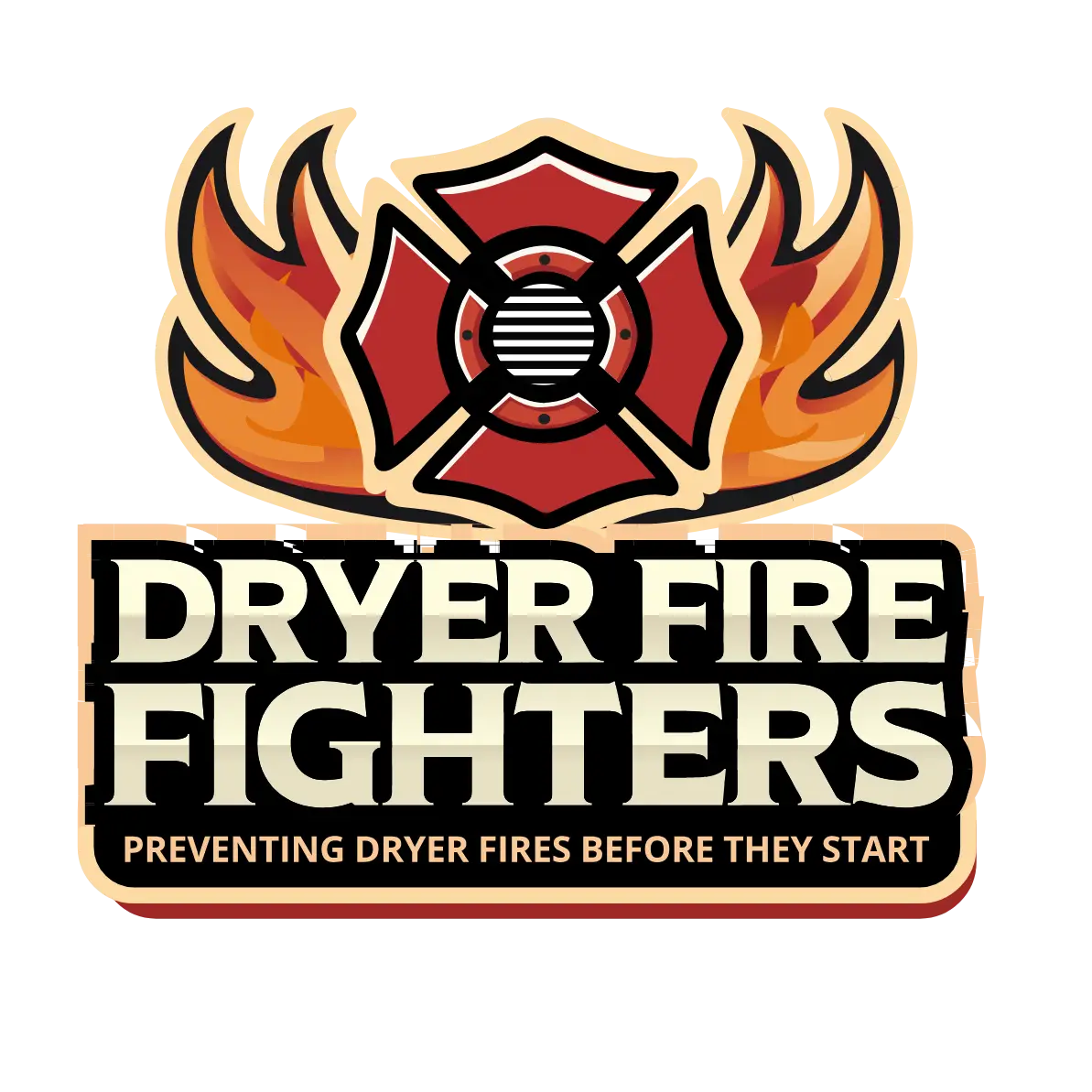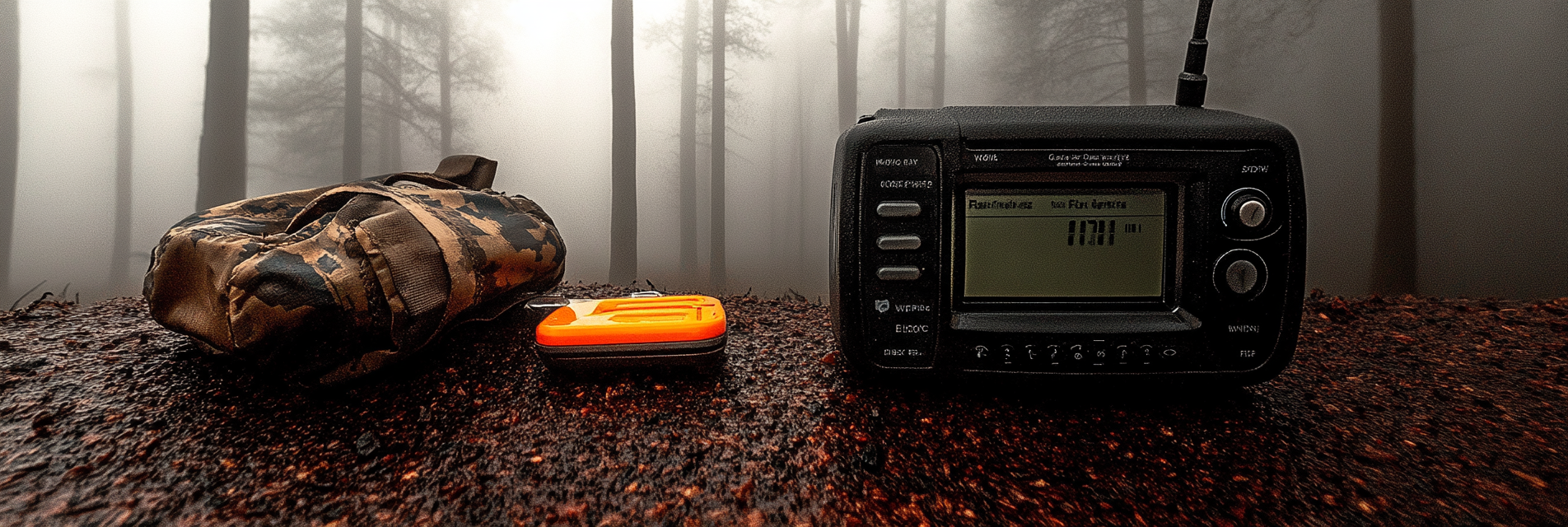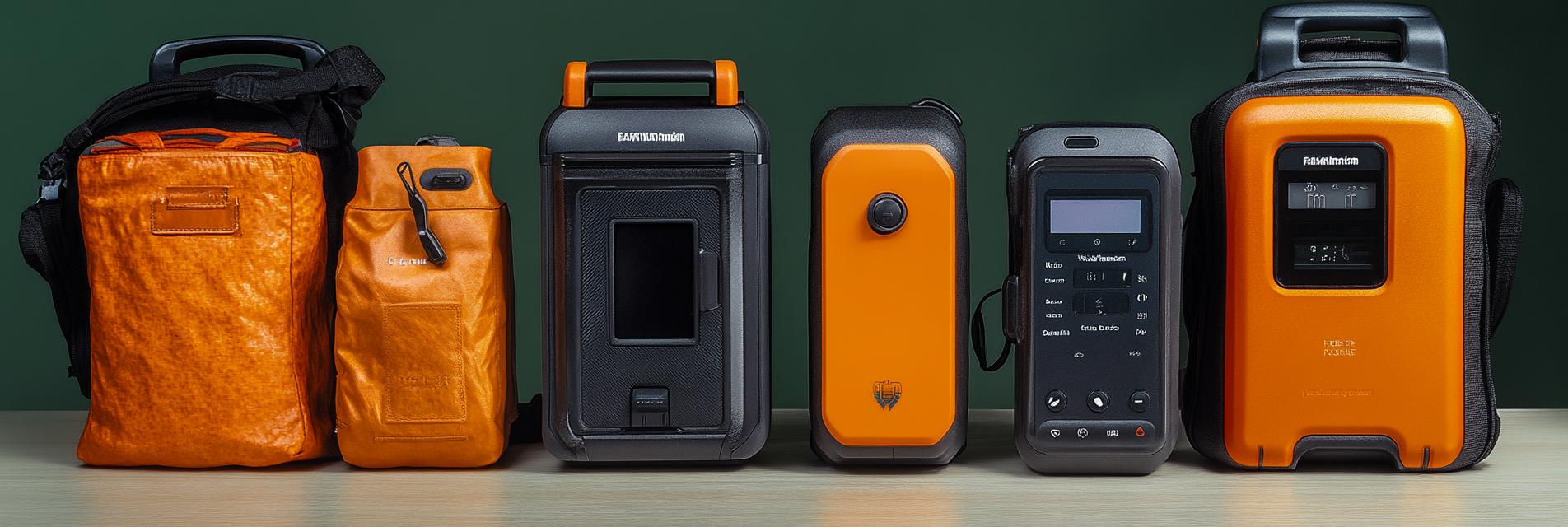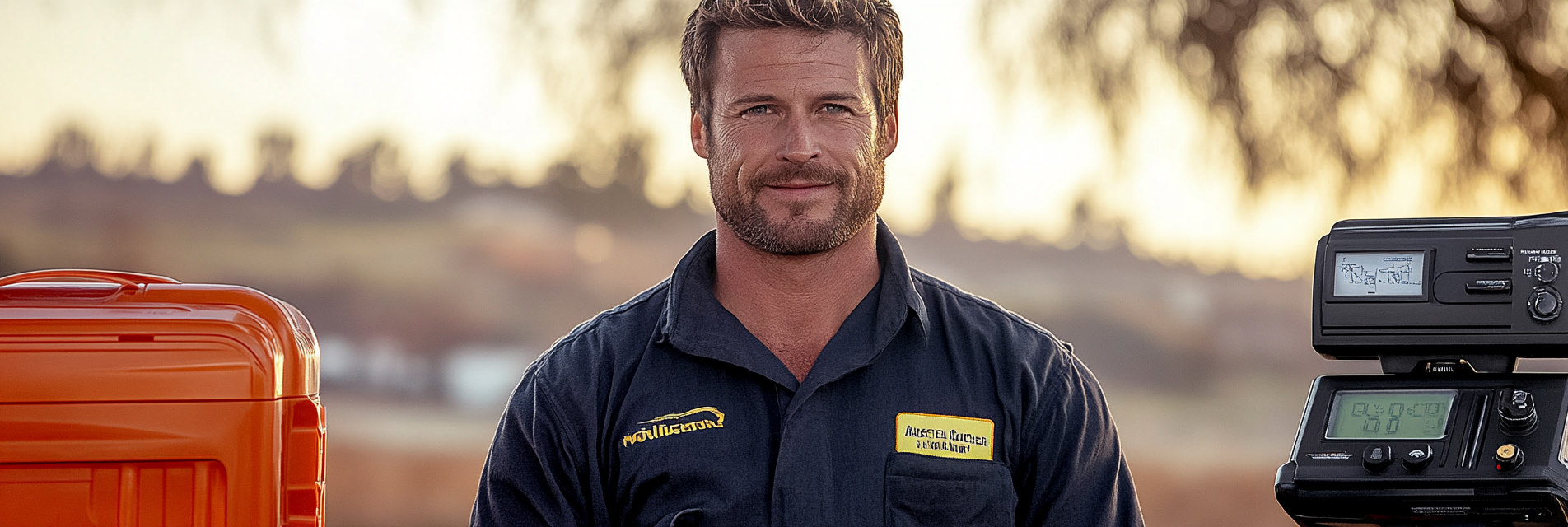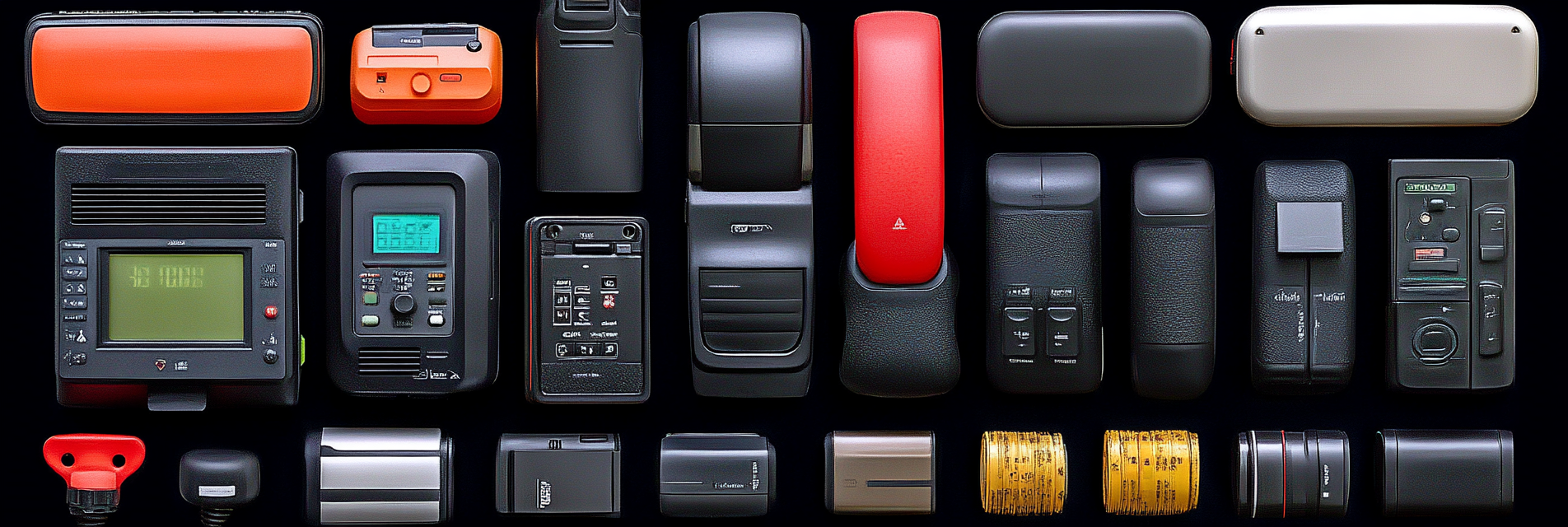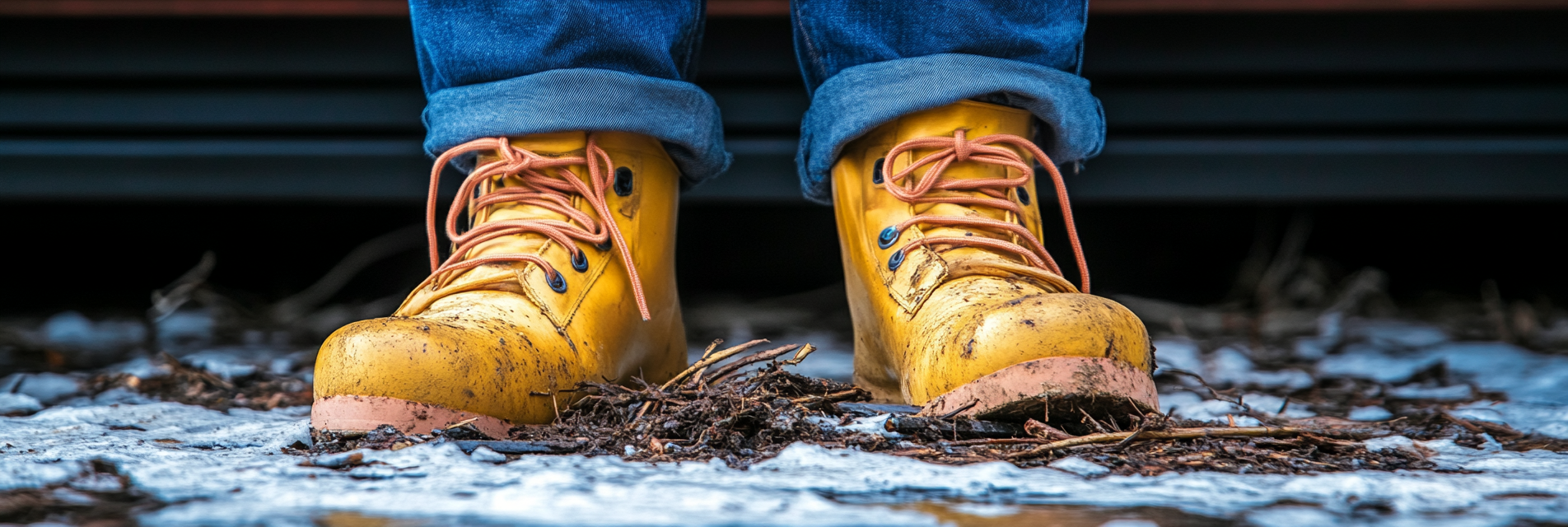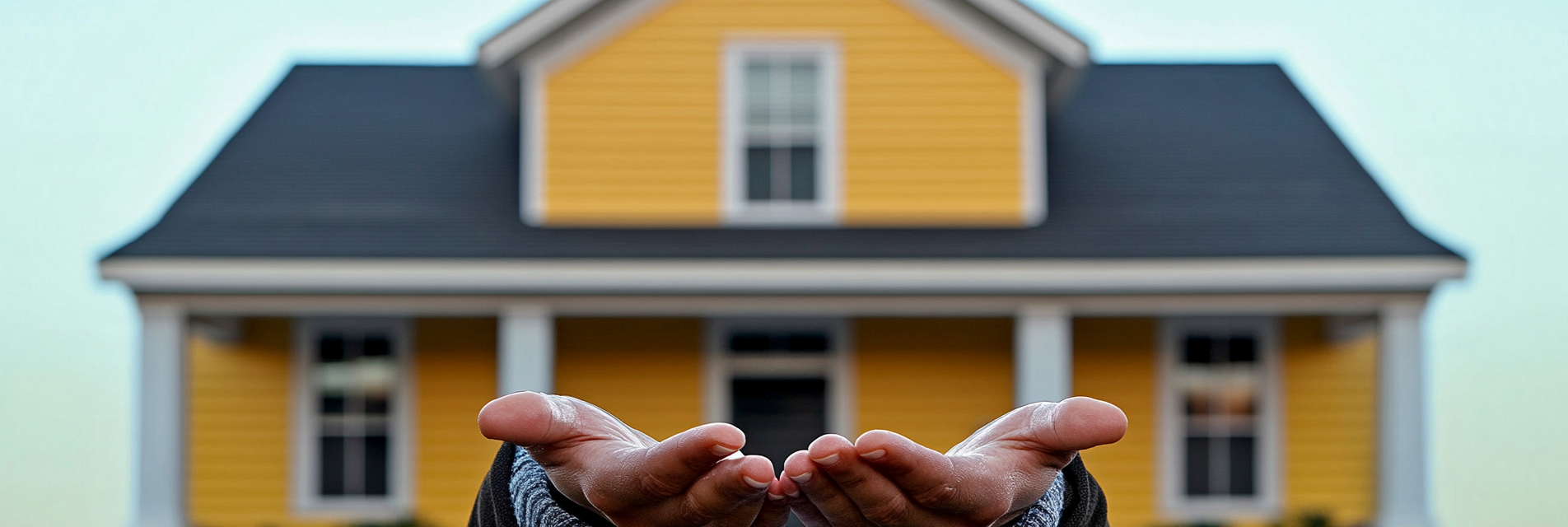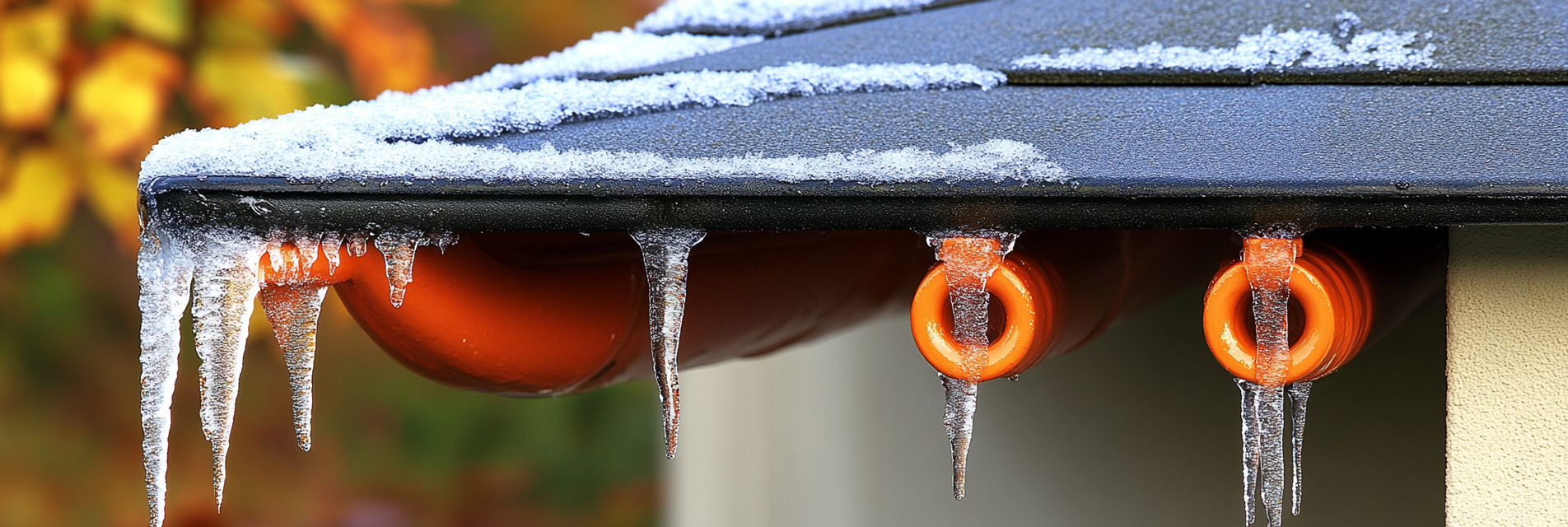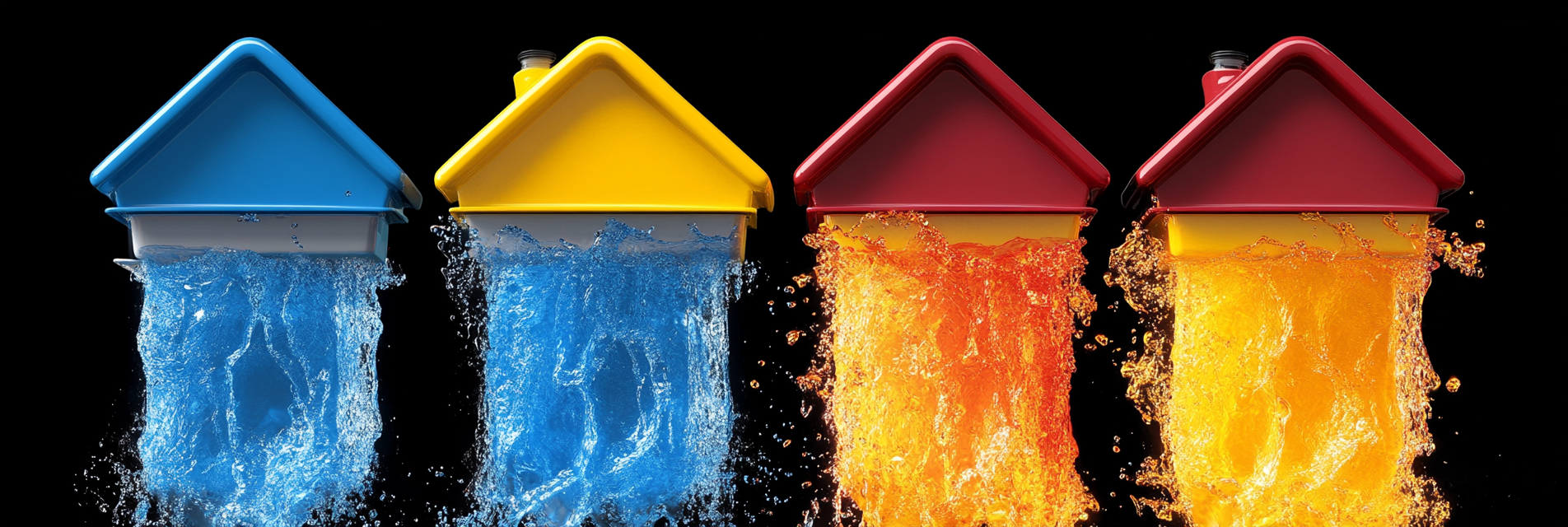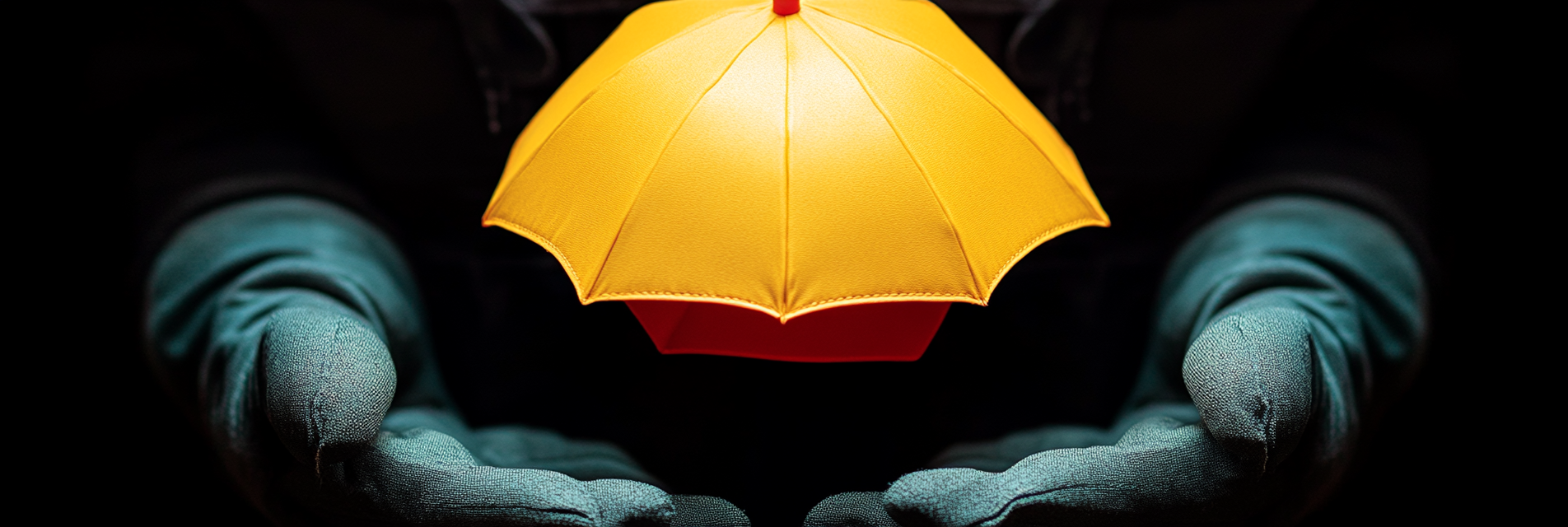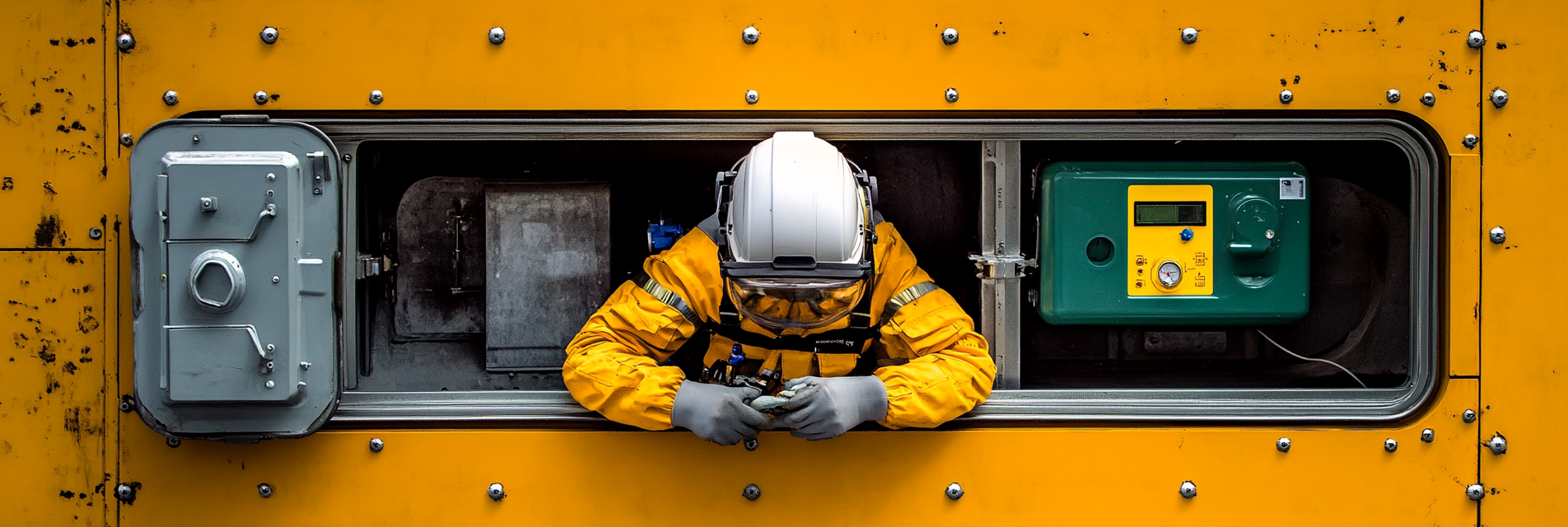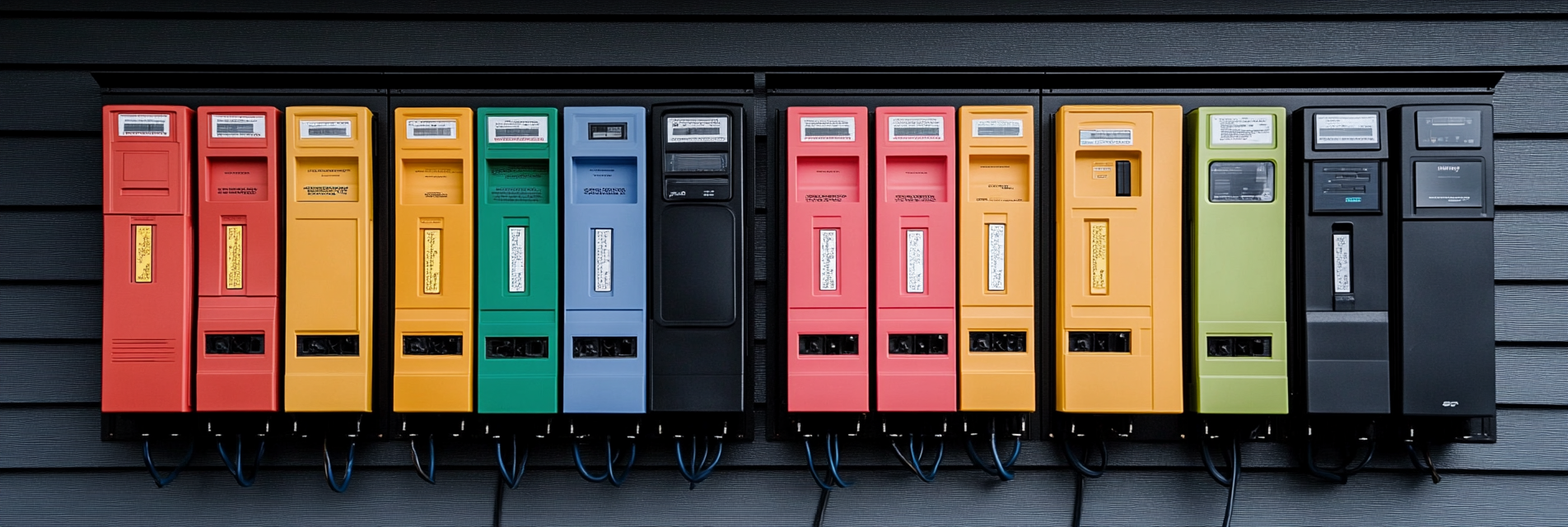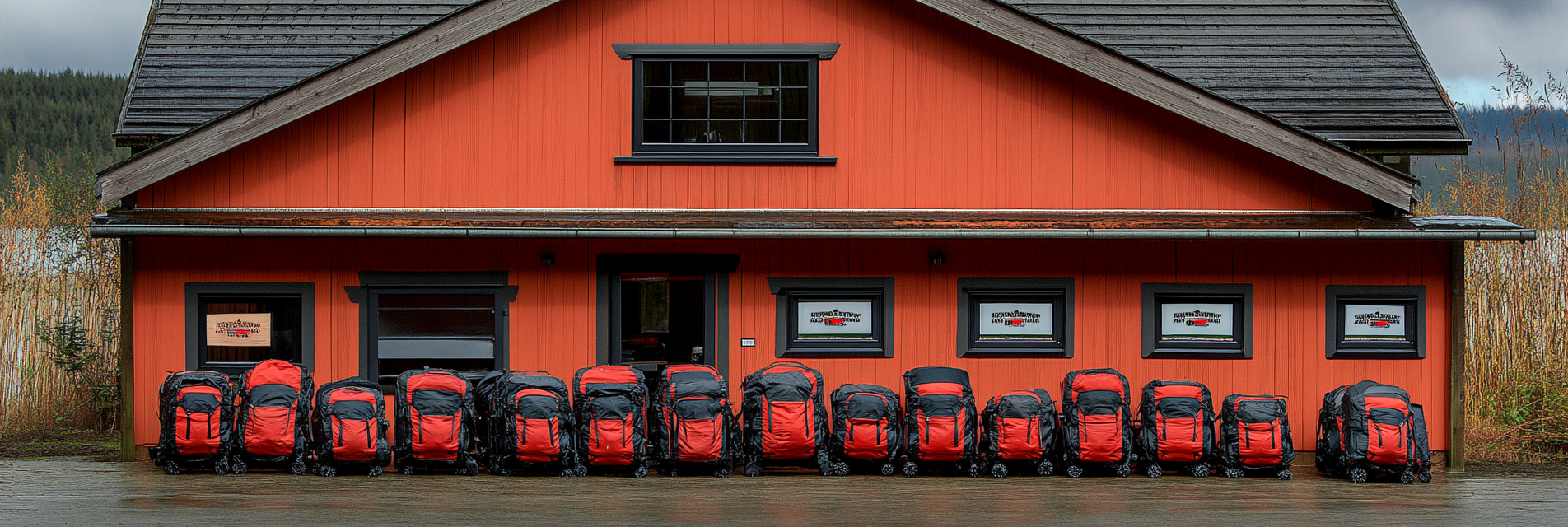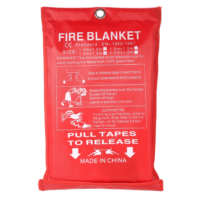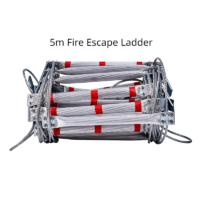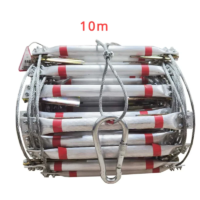During an emergency – even here in the Tri-Cities, WA – effective communication is important to stay informed, coordinate with loved ones, and seek help! Understanding how to use various communication tools ensures that you can maintain contact, especially when there is no cell phone signal. In this article we put together, you will find an outline some of the different types of emergency communication tools and how to use them.
1. Battery-Powered or Hand-Crank Radios
Emergency radios have always been useful for staying informed when power and internet services are down.
NOAA Weather Radios: These radios provide continuous updates on severe weather, natural disasters, and other emergency alerts. Make sure your radio can receive NOAA broadcasts. Hand-Crank and Battery-Operated Models: Choose a model that works without relying solely on batteries, or have a plan to operate your radio using solar power if possible.
2. Two-Way Radios
Two-way radios (walkie-talkies) allow for direct communication when cell service is unavailable.
Range and Channels: Select two-way radios with a sufficient range for your needs. Multi-channel options help you find a clear frequency in crowded areas. Keep Extra Batteries: Have spare batteries in case the emergencies become extended.
3. Mobile Phones and Backup Power
Keep Phones Charged: Ensure your mobile devices are fully charged before severe weather or known emergencies. Use Power Banks: Portable power banks can extend the life of your devices. Solar chargers are also useful for recharging during long-term power outages.
4. Emergency Contact List
Having an emergency contact list ensures you can reach out to key individuals quickly.
Keep a Printed Copy: Maintain a physical list of important phone numbers, including family, friends, and emergency services. Store Contacts in Multiple Locations: Save contact information on your phone, in cloud storage, and in printed form to ensure access if one method fails. We recommend checking out our TRI-CITIES WA EMERGENCY SERVICES SITE to start compiling emergency information.
5. Whistles and Signaling Devices
Simple tools like whistles can be life-saving when you need to attract attention.
Use for Signaling Help: Whistles can be heard over long distances and are effective for signaling rescuers if you are trapped. Compact and Reliable: Keep a whistle in your emergency kit, go-bag, or on your keychain.
6. Social Media and Emergency Alerts
Social media can be a powerful tool for communication during crises.
Reliable Sources: Follow local government agencies, weather services, and emergency management pages for real-time updates. Use Social Media Wisely: Post status updates to inform friends and family of your safety, but avoid spreading unverified information that can cause panic.
7. Maintaining Clear Communication
Use Simple Language: Avoid technical jargon or long explanations. Keep your messages for help concise and direct. Establish a Check-In Routine: Agree on a set time for regular check-ins with family and friends to confirm they are safe and also to share updates.
Conclusion
Using emergency communication tools effectively can make a significant difference during a crisis. By understanding the options available—from hand-crank radios to whistles—you can stay informed and signal for help even when standard communication channels aren’t available. Dryer Fire Fighters wants to encourage all families here in the Kennewick, Richland, and Pasco areas to understand the importance of preparing for emergencies and having some of these tools so that all our families can communicate during emergencies.
Serving the communities of:
Kennewick | Pasco | Richland | West Richland | Finley | Burbank | Benton City | Prosser | Grandview | Connell
As the sole certified dryer exhaust technician recognized by CSIA.org in the Tri-Cities area, Paul brings a wealth of expertise to fire prevention. His primary focus lies in addressing the root cause of many residential fires: lint buildup in dryer cavities and vents. Through rigorous inspections and thorough cleanings, Paul ensures that families and businesses can enjoy peace of mind, knowing their properties are safeguarded against fire risks.
